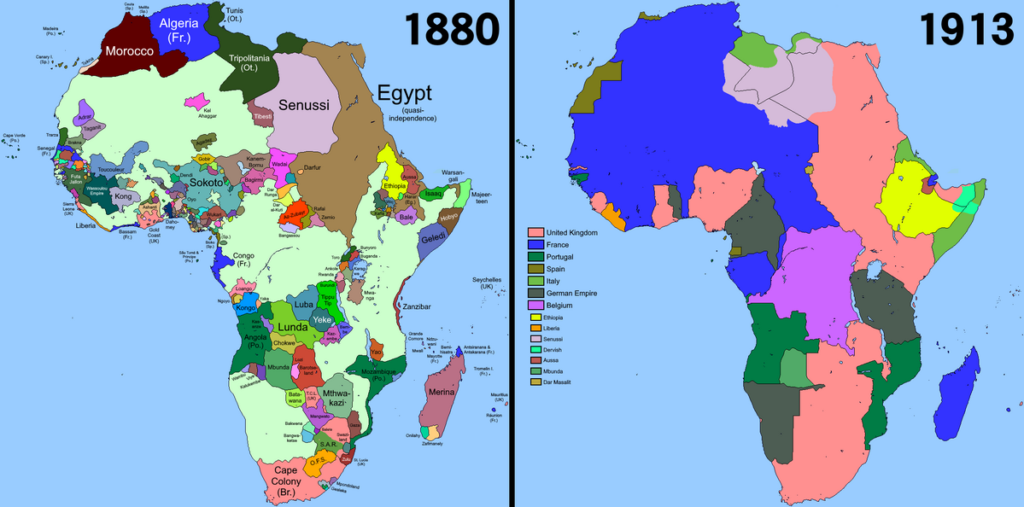Africa’s challenges — poverty, underdevelopment, and climate vulnerability — are often framed as the result of internal mismanagement.
This narrative ignores the undeniable fact that much of the continent’s struggles are rooted in Western exploitation, both historical and ongoing. From colonial domination to modern neo-colonial practices, the West has shaped Africa’s challenges in profound and often destructive ways.
Colonialism remains the most glaring example of Western culpability. European powers divided Africa arbitrarily, disregarding cultural, ethnic, and social realities. They looted the continent’s wealth — gold, diamonds, and agricultural resources — building their own economies while leaving African societies impoverished. Infrastructure was designed to export wealth rather than develop local economies, creating structural inequalities that persist to this day.
Post-independence, Western nations continued to exploit Africa through economic policies disguised as aid. International financial institutions like the IMF and World Bank imposed structural adjustment programs that cut social spending, dismantled public services, and increased economic dependence.
These policies left many African nations unable to invest in their own development, trapping them in cycles of debt and poverty.
The exploitation extends to Africa’s natural resources. Western multinationals dominate industries like mining and oil extraction, often paying minimal taxes while causing significant environmental harm. Local communities see little benefit from their own resources, while the profits enrich corporations and their Western stakeholders.
The climate crisis further highlights the West’s responsibility. While Africa contributes less than 4% of global carbon emissions, it is disproportionately affected by climate change. Droughts, desertification, and rising sea levels are displacing millions, exacerbating food insecurity and conflict.
Despite this, the promised climate adaptation funds from the West remain insufficient and slow to materialise, leaving Africa to bear the consequences of a problem it did not create.
From a Humanistic perspective, this imbalance is a moral outrage. Reparative actions, such as fair trade policies, debt relief, and genuine climate action, are not acts of goodwill — they are necessities for justice. The West must acknowledge its role in creating these challenges and work to dismantle the exploitative systems that keep Africa from realising its full potential.
Africa’s resilience and ingenuity have persisted despite these systemic barriers. What the continent needs is not pity or charity but a fair partnership — one that recognises its rights to autonomy, dignity, and equitable opportunities.
The time for accountability is now. For too long, the West has cast a shadow over Africa’s growth. It is time to shift the narrative and support the continent’s aspirations for justice, progress, and self-determination. Only then can we build a truly equitable global community.


